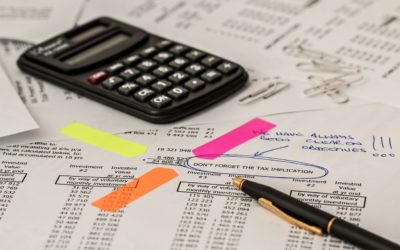The grant extension is for self-employed individuals who are currently eligible for the Self-Employment Income Support Scheme and are actively continuing to trade, but are facing reduced demand due to coronavirus (COVID-19).
1. Who can claim
- To be eligible for the grant extension self-employed individuals, including members of partnerships, must:
currently be eligible for the Self-Employment Income Support Scheme SEISS (although they do not have to have claimed the previous grants)
1. declare that they are currently actively trading and intend to continue to trade
2. declare that they are impacted by reduced demand due to corona virus in the qualifying period (the qualifying period for the grant extension is between 1 November and the date of claim)
2. What the grant extension covers
The extension will provide two grants and will last for six months, from November 2020 to April 2021. Grants will be paid in two lump sum installments each covering a three-month period.
1. The first grant will cover a three-month period from the start of November until the end of January. HMRC will provide a taxable grant covering 20 per cent of average monthly trading profits, paid out in a single installment covering 3 months’ worth of profits, and capped at £1,875 in total. This is now increased to 40%, up to £3750
HMRC are providing broadly the same level of support for the self-employed as is being provided for employees through the Job Support scheme.
2. The second grant will cover a three-month period from the start of February until the end of April. HMRC will review the level of the second grant and set this in due course.
3. The grants are subject to Income Tax and National Insurance Contributions.
3. How to claim
As before, SEISS grants will be made by reference to average profits over the preceding three tax years — i.e., 2016/17, 2017/18 and 2018/19. Again, for individuals who do not have three years of tax returns, average profits are calculated by reference to the previous year or the last two. As before, to be eligible, individuals must have an average annual trading profit of £50,000 or less and derive at least half of their total income from self-employment. Individuals who did not claim under the original SEISS can claim under the grant extension.
Need help?
Need an accountant? Call me now!
Similar articles:
Deadline to submit your tax return to HMRC is near
Deadline for self-assessment tax return (SATR) for the year 2019-2020 is 31 January 2021. Anyone who is self-employed, regardless of making profit or a loss, has to submit SATR to HMRC. Penalties if you don’t submit your return on time: From 01 February (even 1 day...
Christmas Party. Do you know accounting rules with regards to Xmas parties, what can be deducted?
Xmas party time is almost upon us. Obviously depending on the current situation due to the Coronavirus, you may want to invite your employees to the Xmas party; if allowed. It is an exceptionally good way to show your employees appreciation and to build a team spirit....
You should use the services of qualified accountant!
In England most of self-employed people or directors of Ltd companies using advice and services of the accountant. Do you know that one does not have to have relevant qualifications to call themselves accountant or that you, as a client, are responsible for the...




